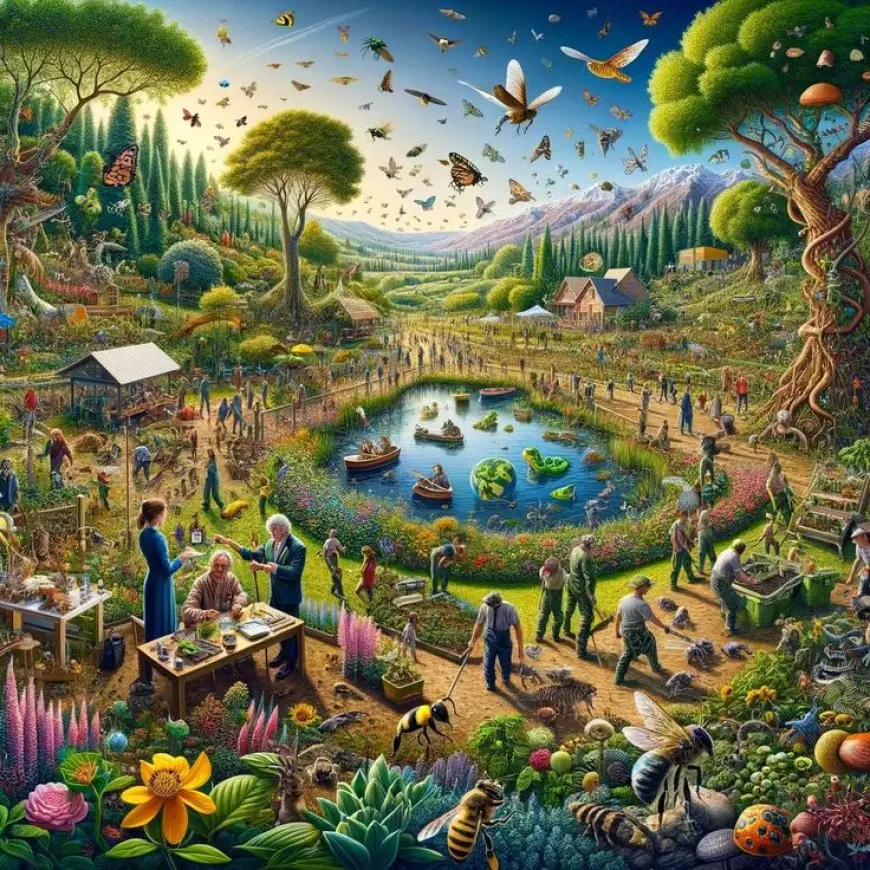The Importance of Conservation Biology
The Importance of Conservation Biology

Conservation biology is a multidisciplinary field dedicated to understanding and preserving the planet’s biodiversity. It addresses the challenges posed by habitat destruction, species extinction, and environmental degradation, aiming to protect the natural systems that sustain life. This science combines ecology, genetics, environmental science, and social principles to develop strategies that ensure the survival of species and ecosystems for future generations.
Preserving Biodiversity
Biodiversity, the variety of life forms on Earth, is essential for the stability and health of ecosystems. Each species, no matter how small, plays a role in maintaining ecological balance. Conservation biology works to protect this diversity by studying the relationships between species and their environments, identifying threats, and implementing measures to mitigate them.
Ecosystem Services
Healthy ecosystems provide critical services that support human well-being. These include air and water purification, pollination of crops, soil fertility, and climate regulation. Conservation biology highlights the connection between biodiversity and these services, advocating for practices that sustain natural resources and minimize environmental harm.
Addressing Habitat Loss
Habitat destruction is one of the leading causes of biodiversity loss. Urbanization, deforestation, agriculture, and industrial activities fragment and degrade natural habitats. Conservation biology focuses on restoring and preserving habitats, creating protected areas, and promoting sustainable land-use practices that balance human needs with environmental health.
Combating Climate Change
Climate change poses significant threats to species and ecosystems, altering habitats and forcing organisms to adapt, migrate, or face extinction. Conservation biologists study how species respond to climate shifts, identifying vulnerable populations and developing strategies to enhance their resilience. Protecting forests, wetlands, and other natural carbon sinks is a key focus in mitigating climate impacts.
Preventing Species Extinction
The extinction of species is irreversible and often disrupts ecosystems. Conservation biology prioritizes the protection of endangered species through captive breeding programs, habitat restoration, and legislation. By safeguarding species, the field ensures the preservation of genetic diversity, which is crucial for adaptability and resilience in changing environments.
Human and Wildlife Coexistence
Conservation biology promotes coexistence between humans and wildlife by addressing conflicts such as crop damage, livestock predation, and habitat encroachment. Education, community involvement, and innovative solutions, such as wildlife corridors, help reduce conflicts and foster positive relationships between people and nature.
The Global Perspective
Conservation biology recognizes that environmental issues are interconnected and require global cooperation. Efforts to conserve biodiversity often involve partnerships among governments, non-governmental organizations, Indigenous communities, and individuals. International agreements and initiatives play a vital role in addressing challenges that transcend borders.







